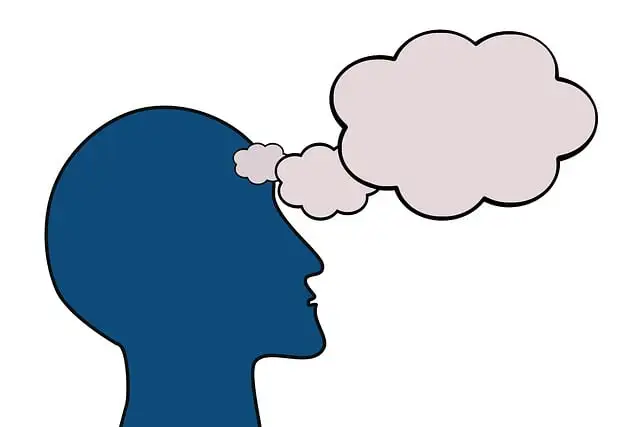How to view others’ strengths, not weaknesses

It’s possible that your parents gave you the tendency to be fussy. It might also result from negative thinking, a bad habit, or a defense mechanism against criticism.
You can alter your perspective on life and social interaction, regardless of what causes you to see others’ shortcomings rather than their virtues. Here’s how you can accomplish this.
Watch your thoughts

Your thoughts determine your feelings and attitude toward others, expressed in words and actions. If you constantly think of others as unworthy, unattractive, and unloved, you easily find flaws in them. It’s not always easy to develop open and positive thoughts about those around you, especially if you’re sick, emotionally exhausted, or offended.
However, it is still essential to keep track of your thoughts and change them over time. When negative thoughts arise in your head, be aware of them and try to find a positive or constructive alternative to counter them.
This is a quick and easy way to direct them in the right direction and change their attitude towards people. For example, you do not like a friend in the company who laughs loudly when talking to someone, and you begin to think that he is an unpleasant person.
Look at it differently: is it bad that someone feels happy and laughs? Let it be loud, but a person sincerely expresses his emotions and is confident enough not to hold them back. It would help if you admitted, with such reflection, that you can look at a friend differently. He immediately starts to seem honest and open, not annoying.
Allow others to prove themselves

If you want to think better of someone, give them the benefit of the doubt. Please give them time to identify themselves and reveal themselves to you. Recall that first impressions can be misleading. When meeting someone for the first time, it’s normal for people to feel both anxious and eager, which keeps them from realizing the real them.
Make an effort to treat others with the same consideration you give yourself. For instance, you shouldn’t automatically assume someone is careless just because they are late. Consider how often you have been delayed by traffic and missed your appointment.
Find out why you hate yourself

Our attitude toward people is often a projection of what we wear on our souls. When we blame others for shortcomings, they usually reflect what we don’t like about ourselves.
If you don’t want your style, you can say that the other guy is dressed too pretentiously, or you can consider a friend who has moved to another city impulsive and windy because you are afraid of change.
To eliminate negative attitudes towards people, you need to sort yourself out and correct how you evaluate your personality. When you eliminate fear, shame, and guilt from your life, the negativity disappears, and it becomes easier to treat people better.
Learn to thank and praise others

To begin to see the good in people, it is worth learning to praise and express gratitude to them. These things are interconnected, and one cannot exist without the other. Try to look at others not with a judgmental but with a supportive gaze. Express gratitude that they did something good for you or tried to help you when needed.
The more compliments you give and the word “thank you” to others, the more often you perceive them positively because you will have to work hard and look for what you like about them to say out loud. In addition, this practice brings satisfaction to yourself, which helps you quickly consolidate a new view of others and approach to life.
Stop trying to persuade people of your views

To stop looking for flaws in other people, you must consciously stop trying to convince them to see things the way you see them. Sometimes, the clash of opinions and interests is why we dislike others.
But by trying to convince them that your ideas are the only right ones, you reduce your attractiveness in their eyes and also prevent yourself from seeing good people in your interlocutors. Watch how you react to other people’s words.
Don’t let a difference of opinion cause hatred from scratch. After all, people who think differently from you often turn out to be interesting and inspiring and can teach you a lot.
Stop trying to make everyone look at the world from your point of view — it’s better to focus on carefully sorting out other people’s opinions. Perhaps you will notice that those you could not stand seem much better and more pleasant and have more advantages than you thought.
Eliminate high expectations

You may not notice that you expect too much from other people. The problem is that no one is perfect, not even you. Demanding only the best actions and qualities from people, you are dissatisfied with them, and if they do not meet your standards, even more so.
It is important to start “humanizing” those next to you to eliminate high expectations. If you notice any flaw in a friend or stranger, remind yourself that he cannot fully match the ideal image that you have created in your head. Make allowances for the fact that each of us is unique, and that’s the beauty of being human.
Also, trying to fit others to high standards means you lose a lot, for example, the opportunity to learn something new from them or make them your friends. Do not look for flaws in people, constantly comparing them with fictional ideals, but focus on understanding their characteristics and looking at them positively.




